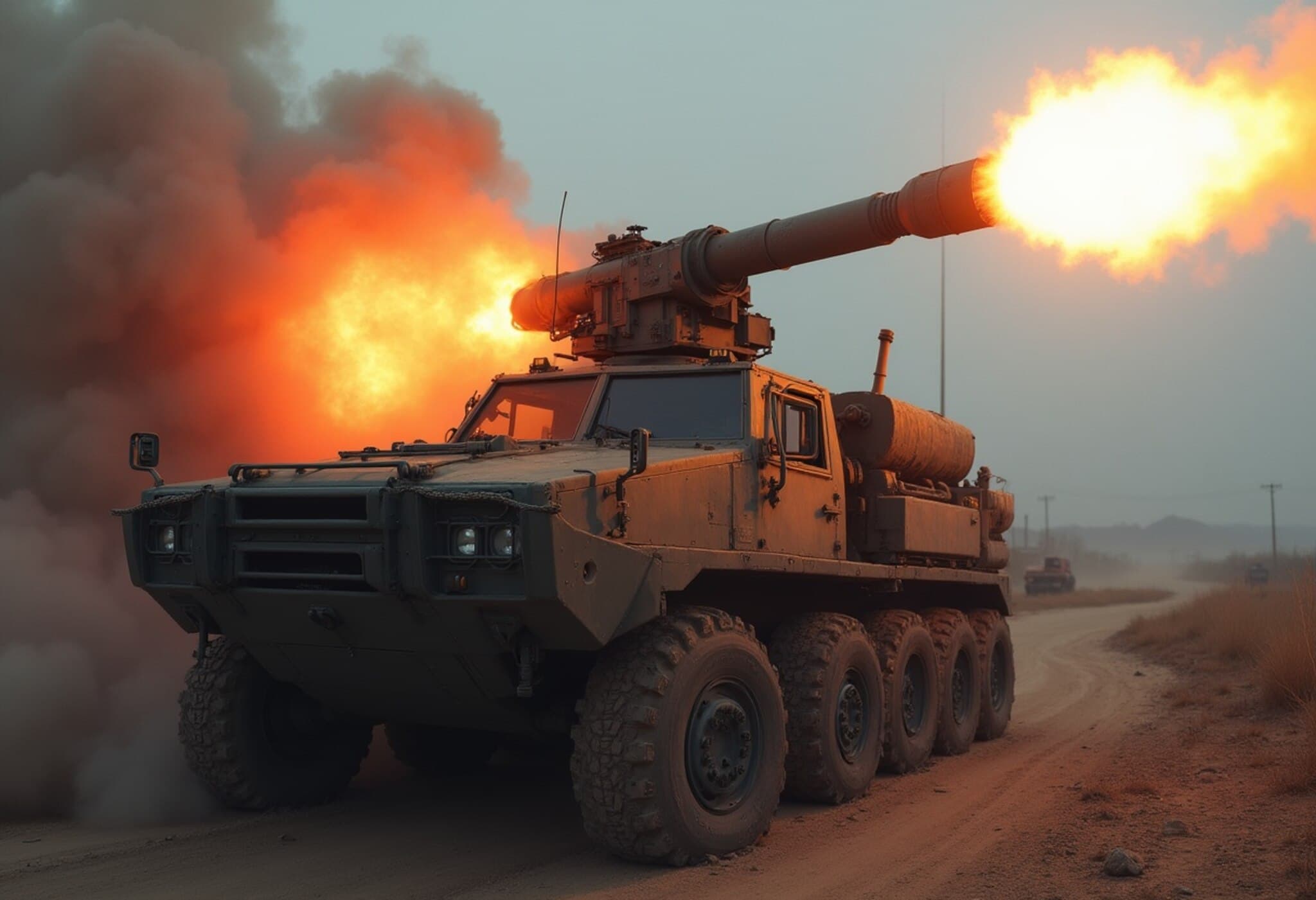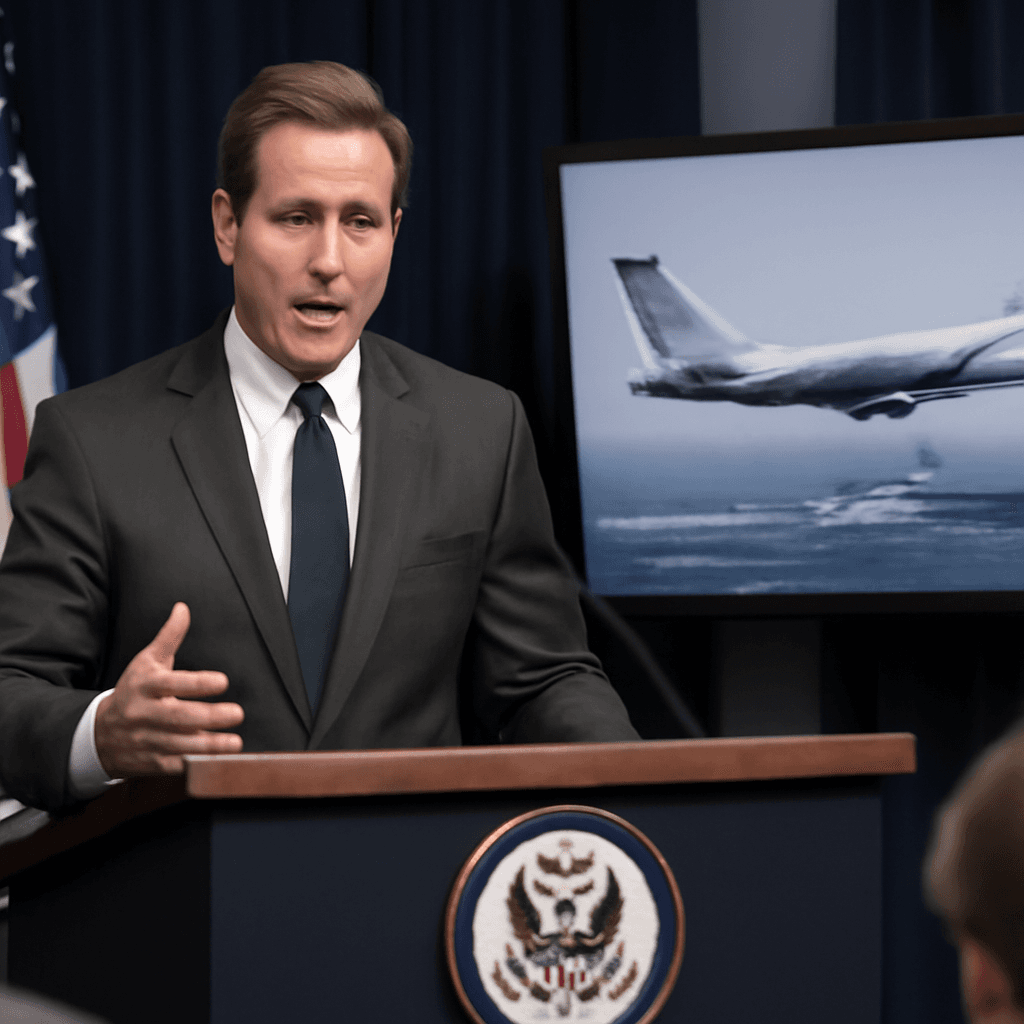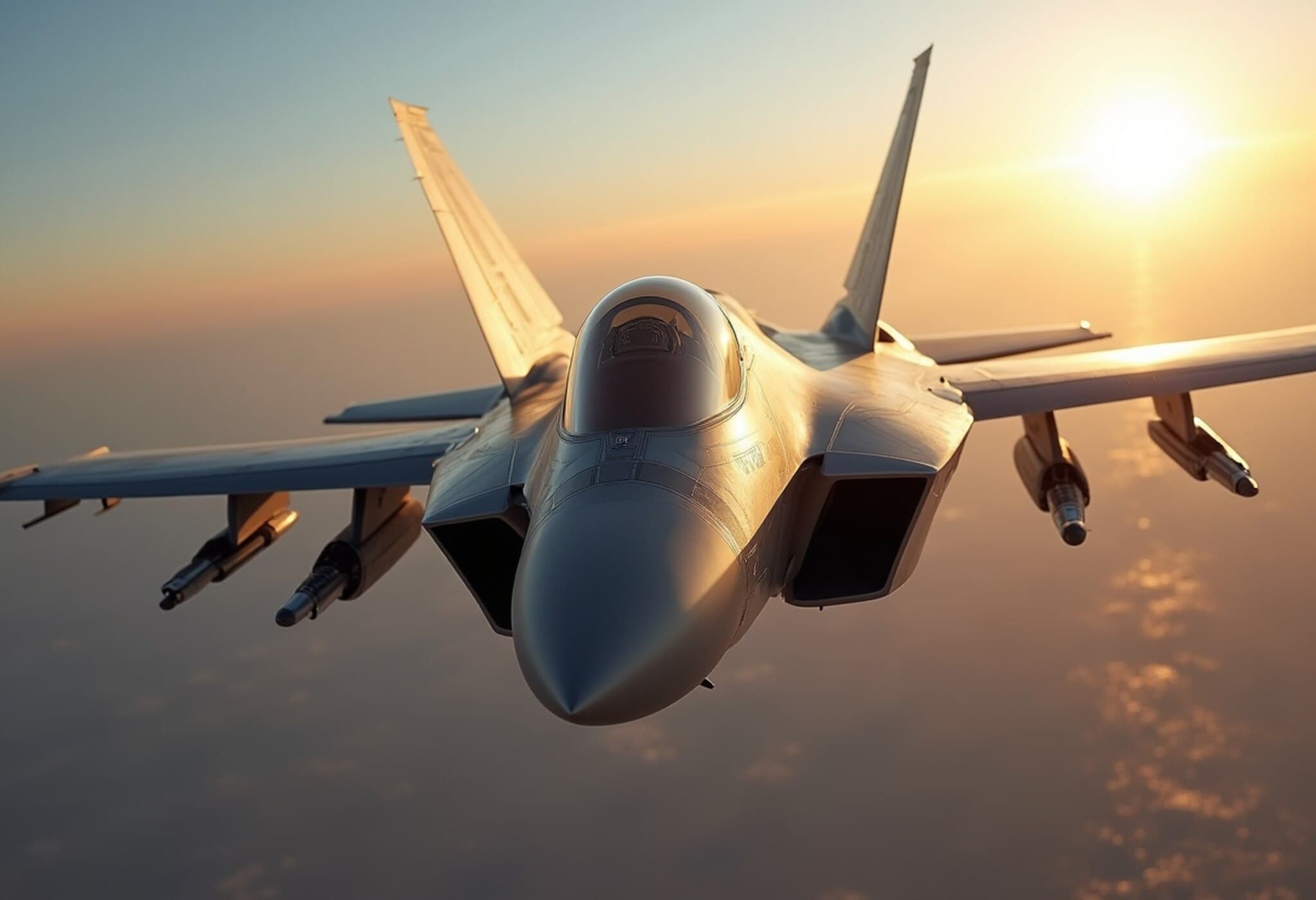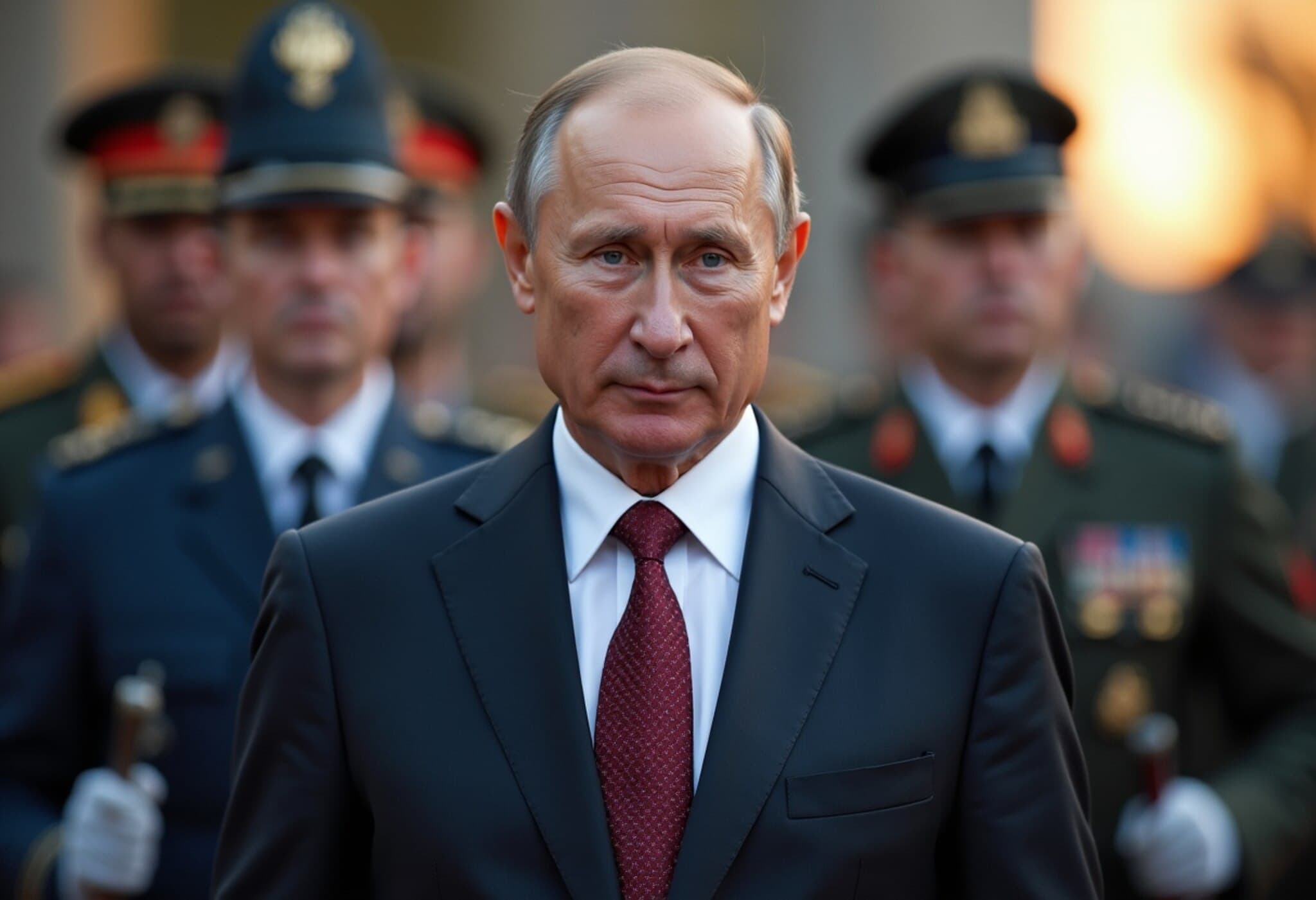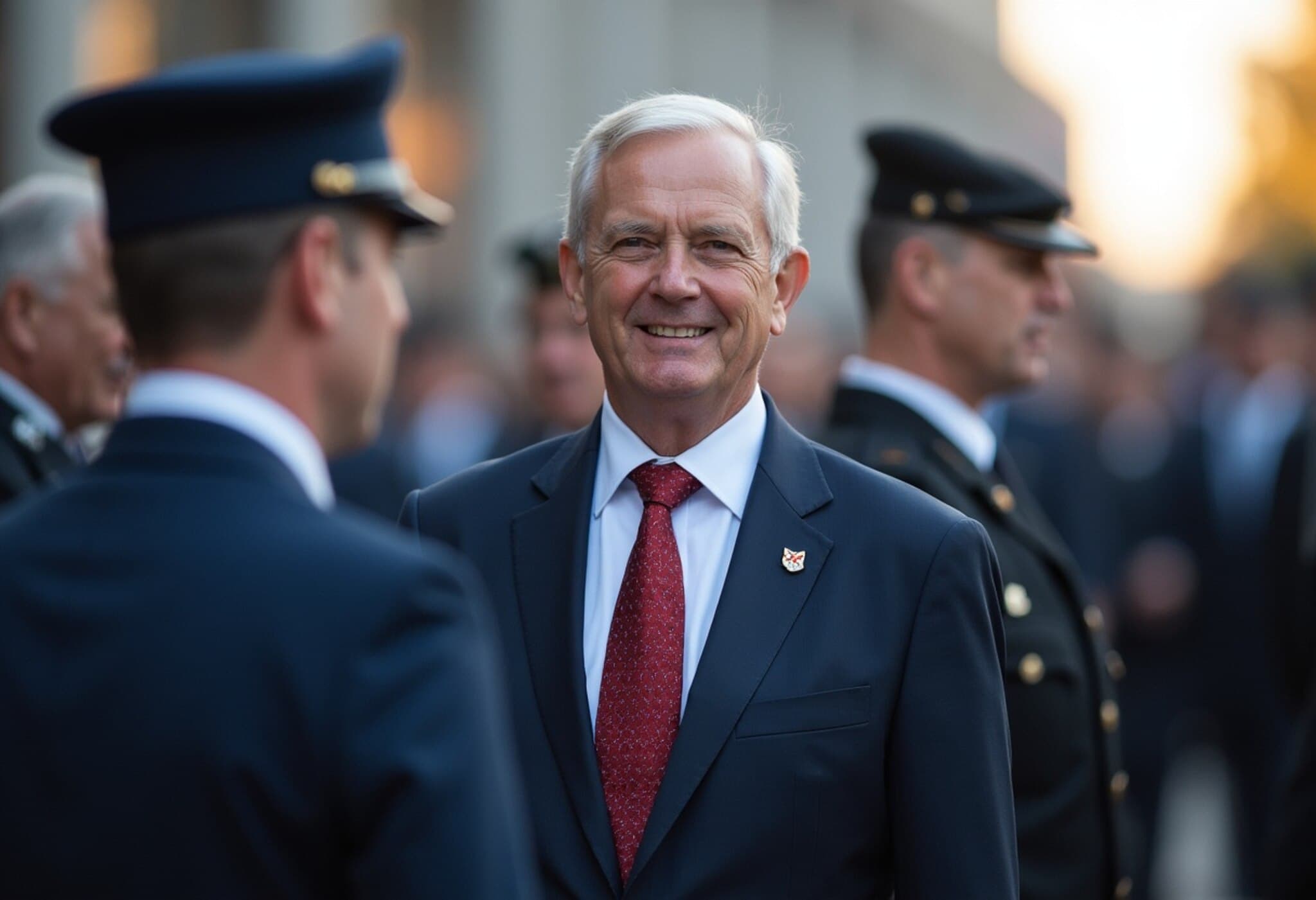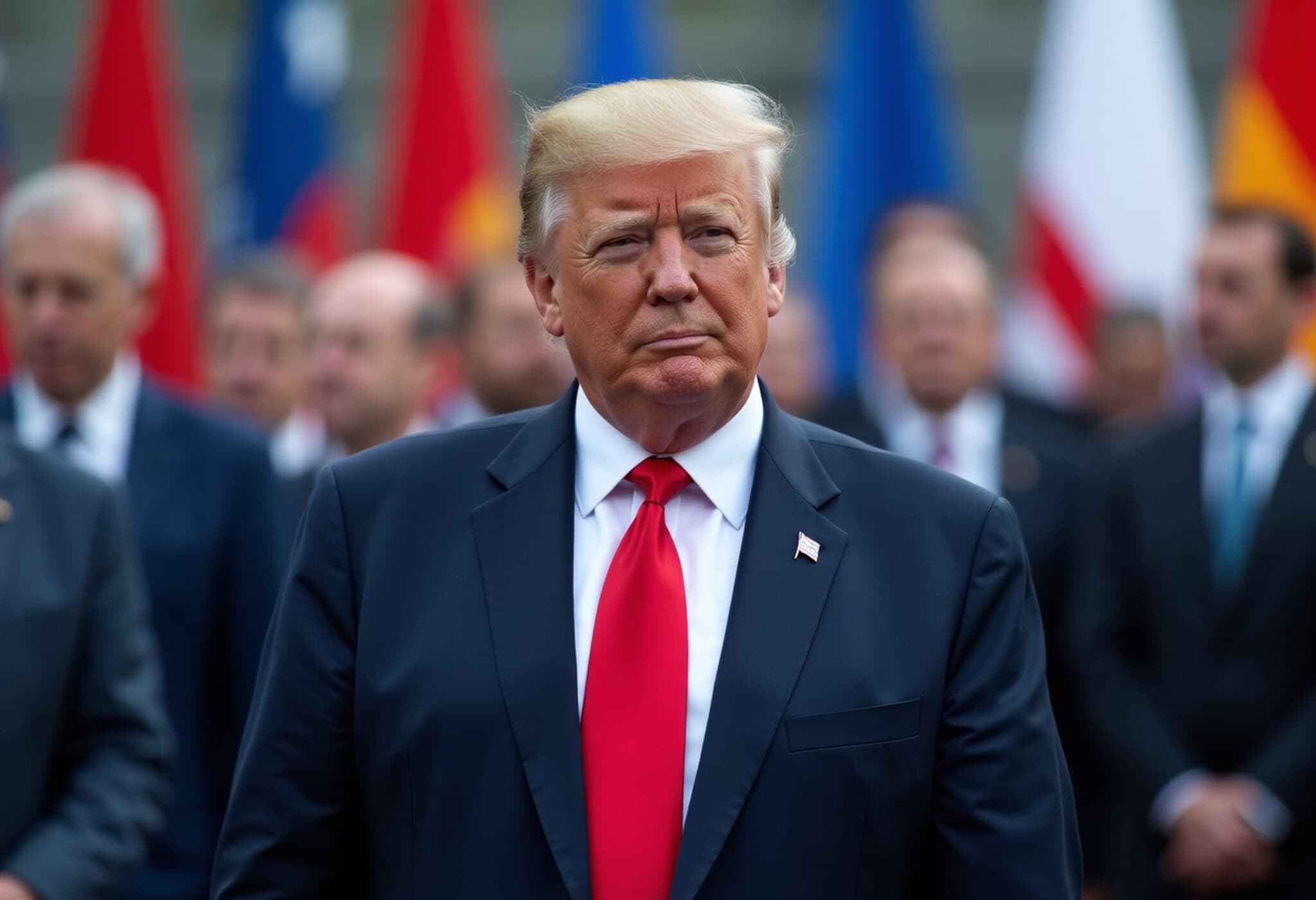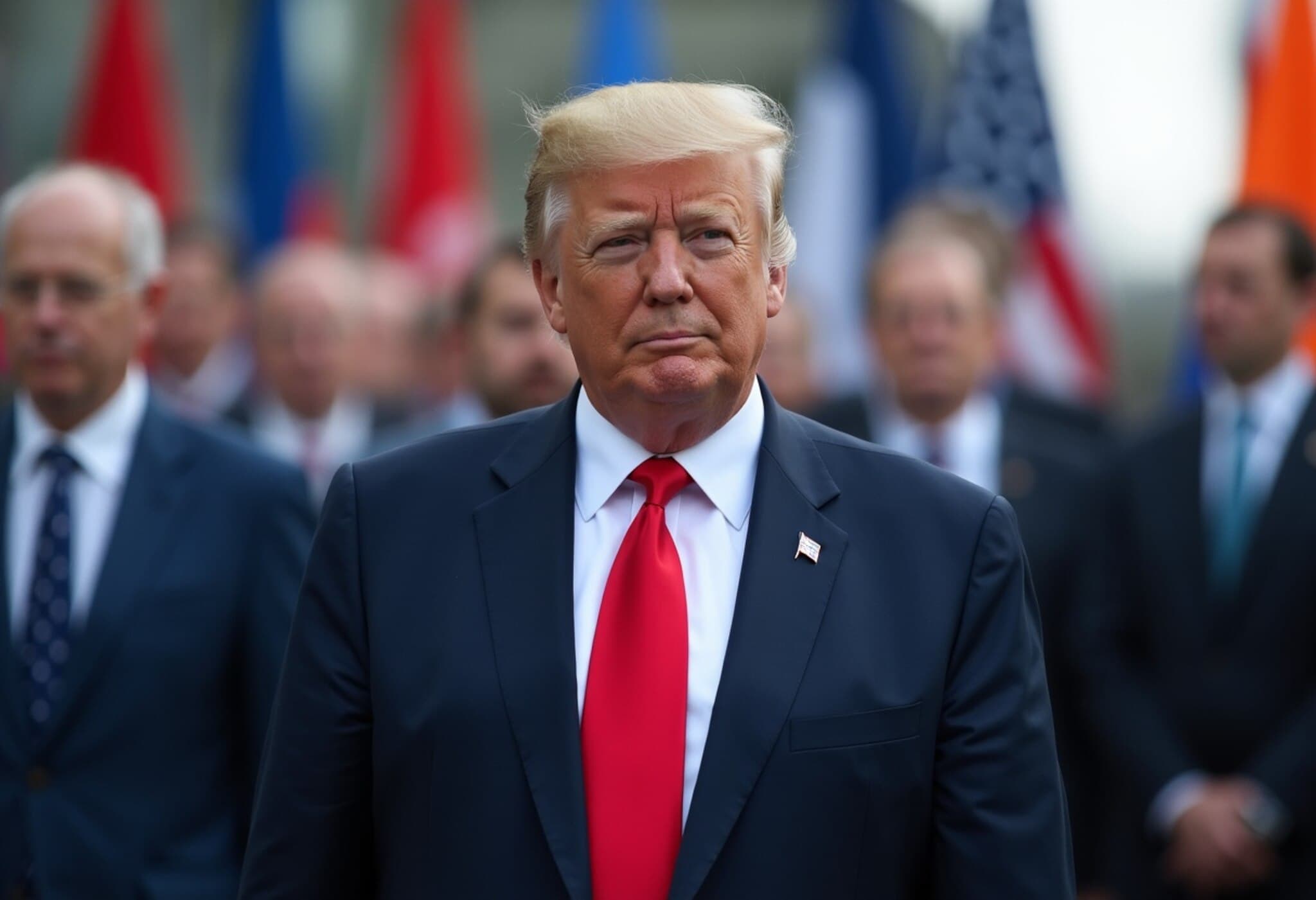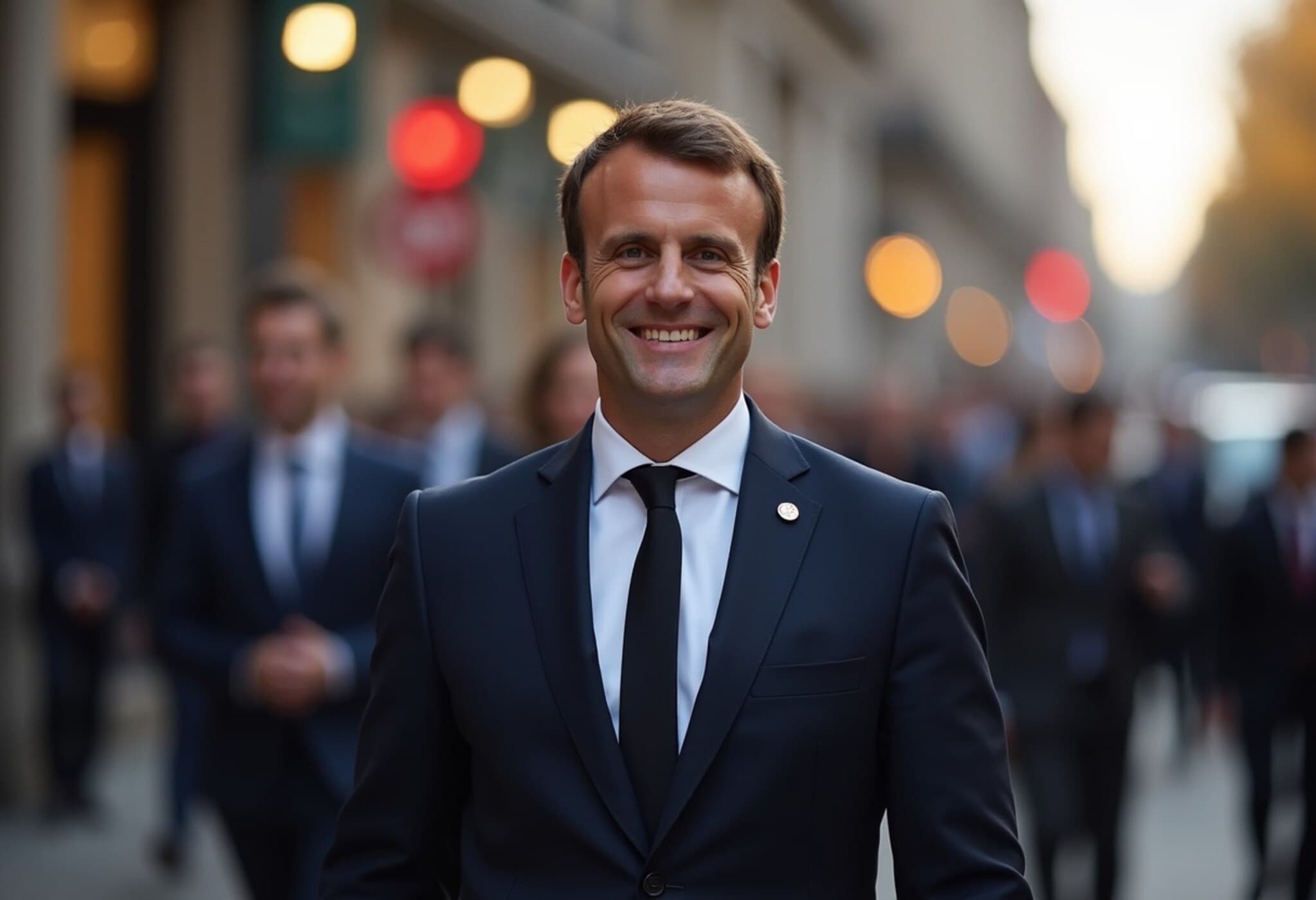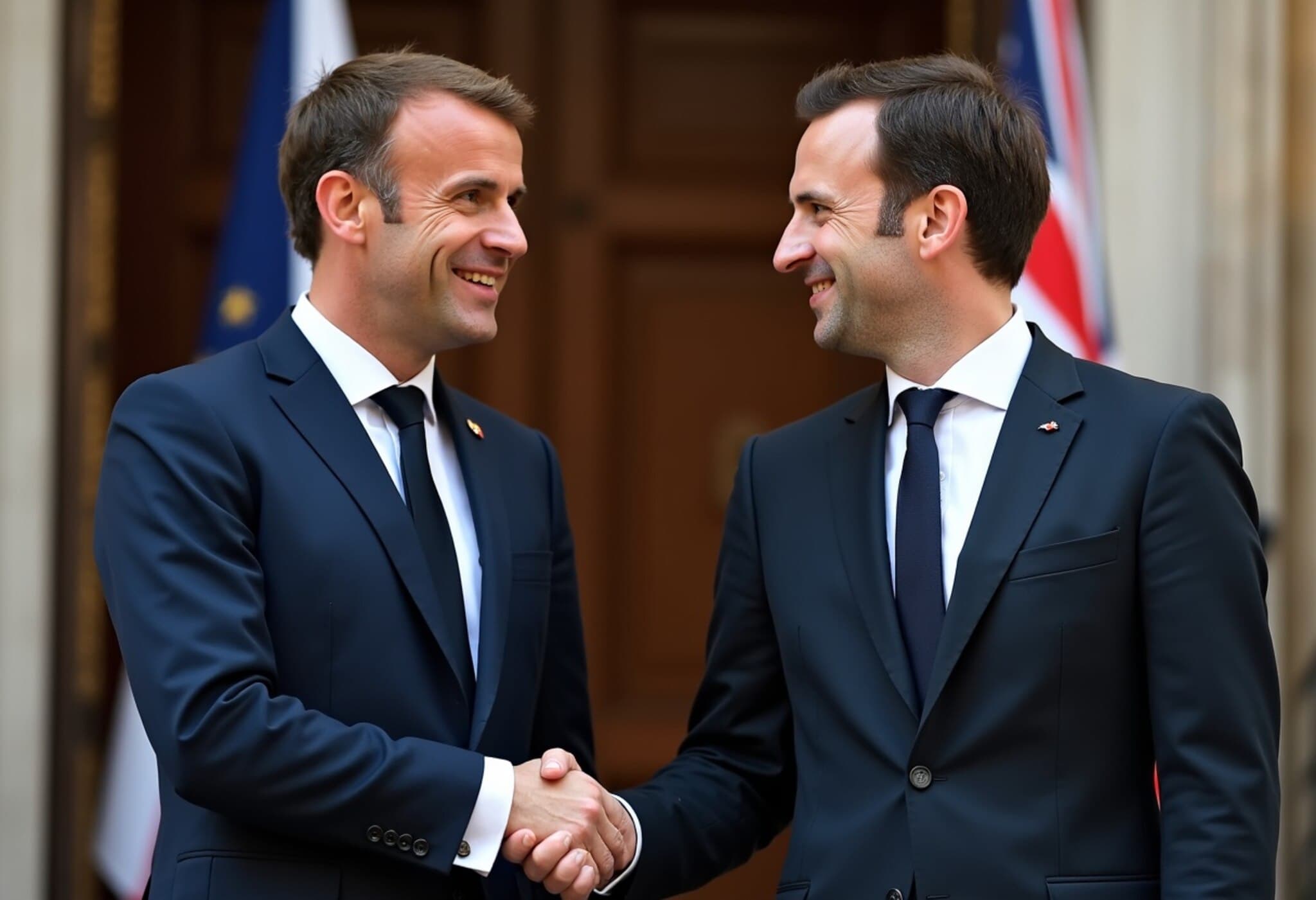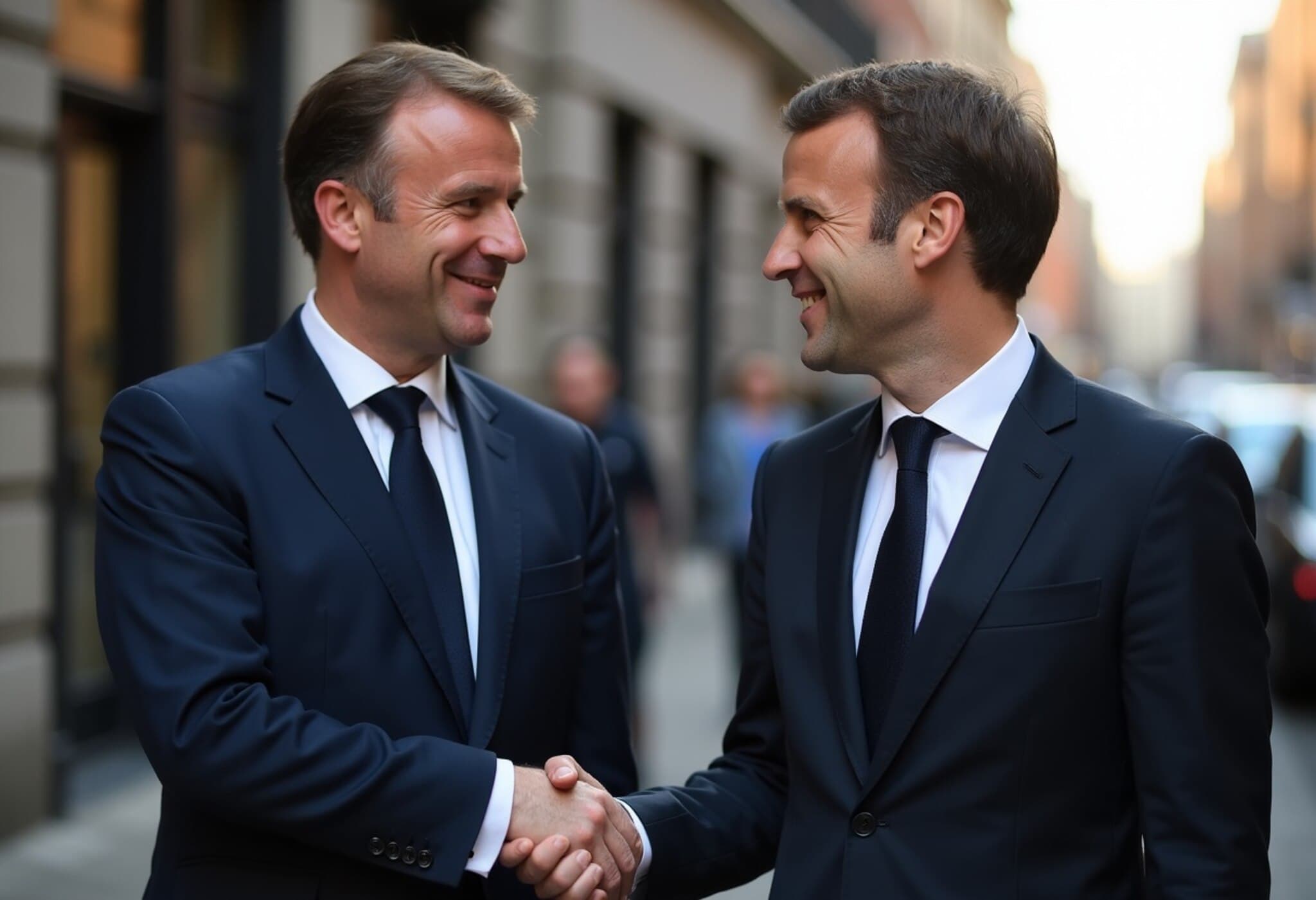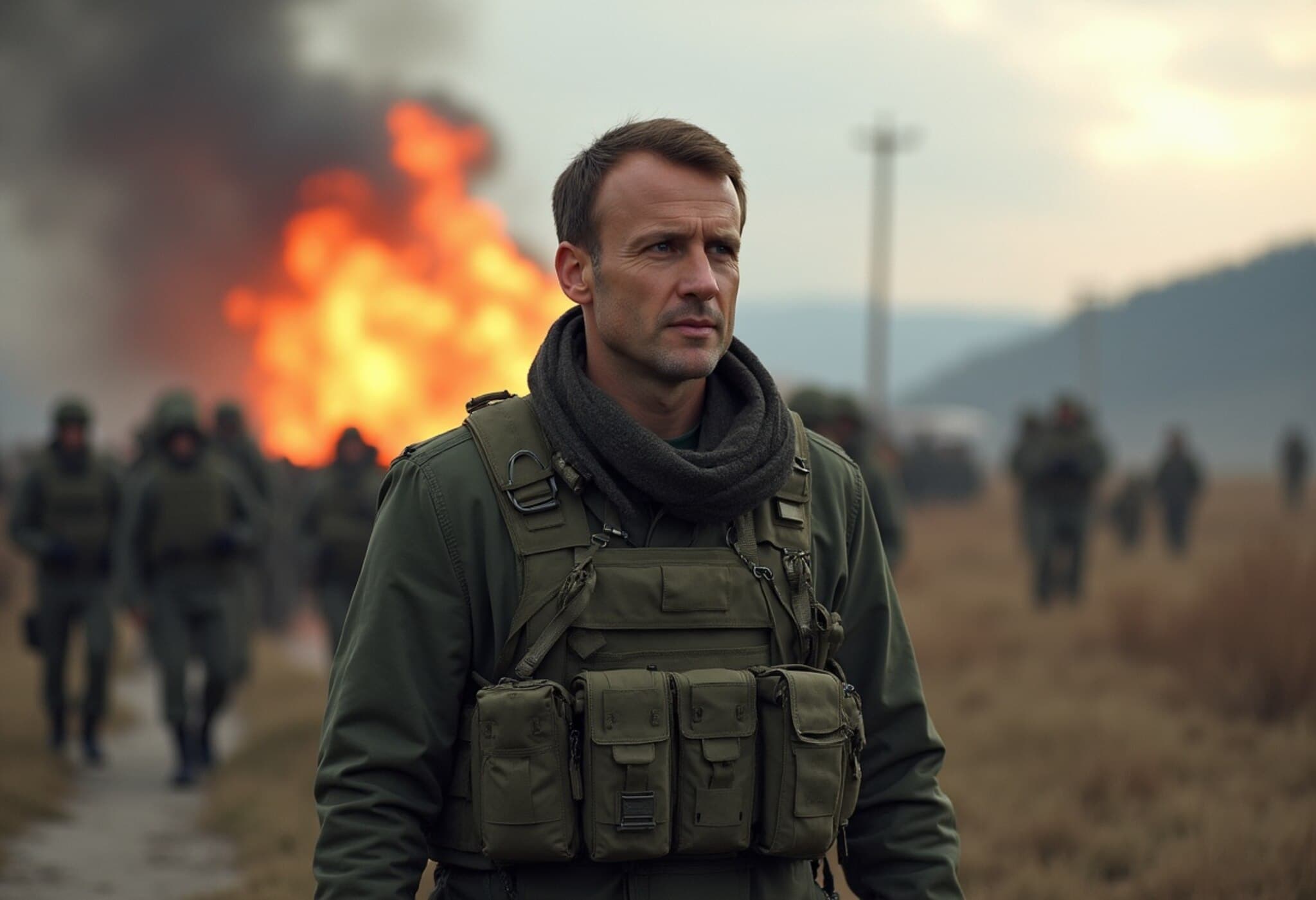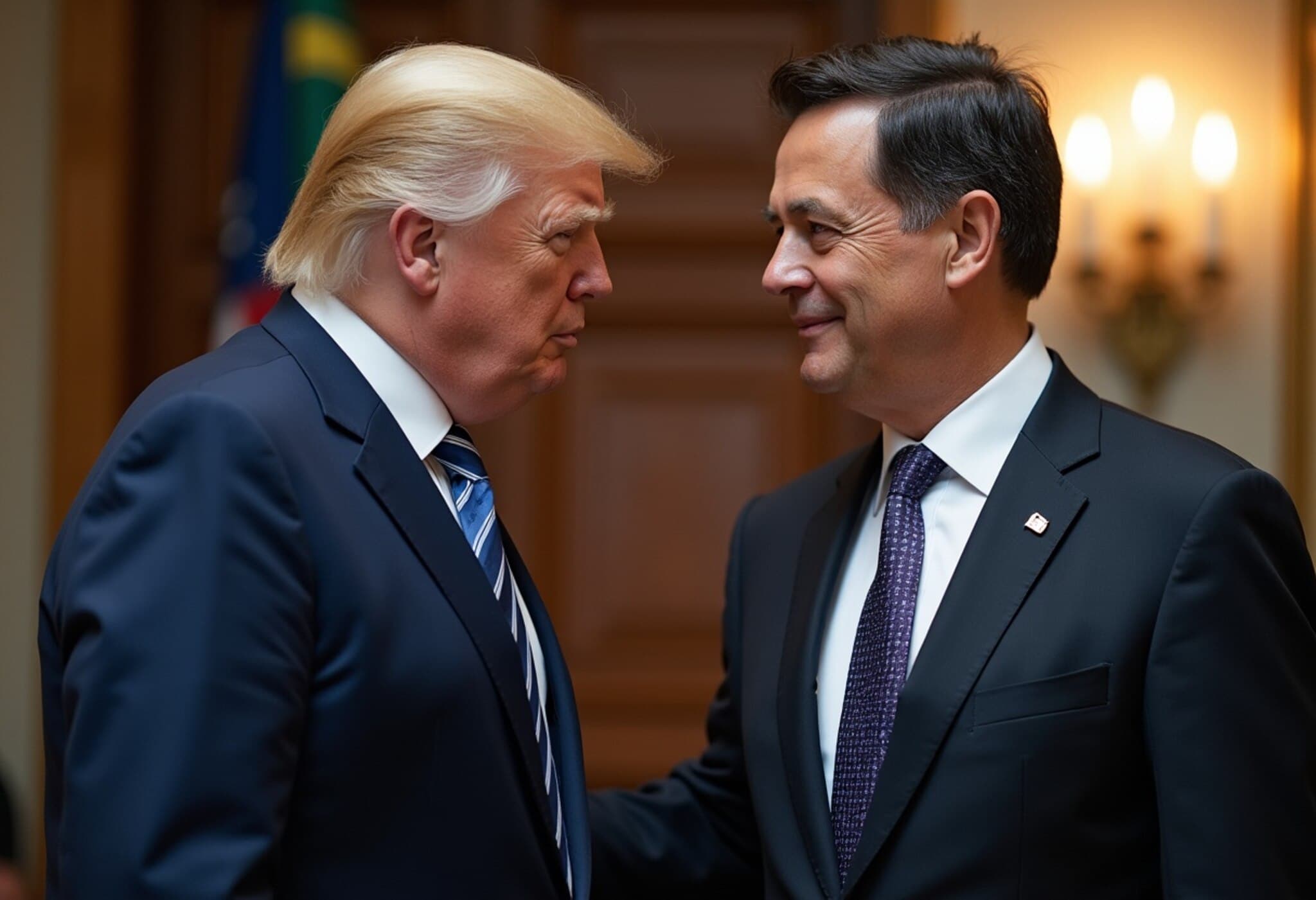UK and France Strengthen Nuclear Alliance Amid Geopolitical Tensions
In a decisive move reflecting growing concerns over Russia's increasing military assertiveness and the perceived shift in US engagement with European defense, the United Kingdom and France have announced a significant overhaul of their nuclear cooperation. This strategic recalibration emphasizes joint missile development, enhanced nuclear coordination, and reinforced support for Ukraine, sending a resolute message to Moscow and underscoring Europe's intent to assert greater control over its security future.
Foundations of Franco-British Nuclear Defense
France and the UK stand as Europe’s two principal nuclear powers, each with distinct doctrines but converging interests. France maintains an independent nuclear deterrent, designed to be deployed based on national assessment of threats to its core interests. According to the Stockholm International Peace Research Institute (SIPRI), France holds approximately 290 nuclear warheads, strategically deployed on four submarines and Rafale fighter jets.
Conversely, the UK’s nuclear arsenal, comprising 225 warheads, is currently sea-based with four ballistic missile submarines. However, recent announcements detailed plans to expand this deterrent with an airborne element, introducing 12 American-made F-35 fighter jets into its nuclear delivery system. Unlike France’s independent posture, British nuclear arms operate within NATO’s defense umbrella, offering strategic coverage to its 32 member states.
Historic Ties Evolve: From Political Assurances to Operational Integration
While France has prized its sovereign control—often described as a ‘force de frappe’ detached from alliances—both countries have long acknowledged mutual vulnerability. The 1995 Franco-British declaration asserted that any threat against one would risk the other's vital interests. Yet this was largely declarative, focusing on politics rather than detailed military coordination.
Fast forward to July 2025: the two nations have agreed on a far more robust framework that includes operational coordination of their nuclear deterrents without compromising national command structures. French President Emmanuel Macron, during his London visit, emphasized the “authentically European dimension” of their shared security—a subtle yet significant evolution from strict national sovereignty to collaborative defense.
What’s New in the Franco-British Nuclear Agreement?
- Joint Missile Development: Enhanced capability through shared research and production efforts, fostering interoperability.
- Operational Coordination: While each country retains command, nuclear forces will be synchronized in readiness and response protocols.
- Creation of Nuclear Supervision Group: An oversight body to deepen consultation and streamline decision-making mechanisms.
- Expanded European Role: Though inherently bilateral, this partnership symbolically and practically boosts European strategic autonomy.
As Heloise Fayet of the French Institute for International Relations notes, this marks an “unprecedented level of military and political coordination.” Joint submarine patrols and British participation in French military exercises could soon become a reality, solidifying operational ties.
Implications for Russia and Wider Europe
From a strategic viewpoint, this enhanced alliance introduces complexity into Moscow’s calculations. Artur Kacprzyk, analyst at Poland’s PISM, acknowledges the ambiguity in response triggers but underscores its messaging power — a potential joint nuclear reaction to extreme threats could act as a deterrent escalation.
Europe-wide, many observers see this as a welcome signal amid growing concerns about the reliability of US defense commitments under shifting American political priorities. Ed Arnold from the UK's Royal United Services Institute warns, however, that “concrete implementation” will determine the real impact on European security architecture.
While not revolutionary in itself, this agreement could catalyze additional steps toward European nuclear deterrence, such as deploying forces on allied territories or expanding capabilities collaboratively, as hinted by President Macron’s recent remarks.
Challenges and Future Directions
Integrating two historically sovereign nuclear forces demands trust, transparency, and delicate political balancing. Observers warn that effective coordination requires ongoing dialogue with other European and NATO allies to avoid duplication or misunderstanding.
Moreover, this partnership highlights broader themes about Europe's strategic independence — balancing transatlantic ties and indigenous capabilities in an era of uncertainty.
Editor’s Note
The renewed Franco-British nuclear cooperation reflects a strategic pivot shaped by evolving global threats and shifting alliances. Beyond military considerations, it raises critical questions: How will this bilateral initiative influence NATO’s cohesion and US-Europe relations? Can it spur broader European integration in defense without escalating nuclear tensions? As Russia’s ambitions loom large, and America’s focus shifts, Europe appears determined to forge a more autonomous path — but the journey will demand both prudence and innovation.

